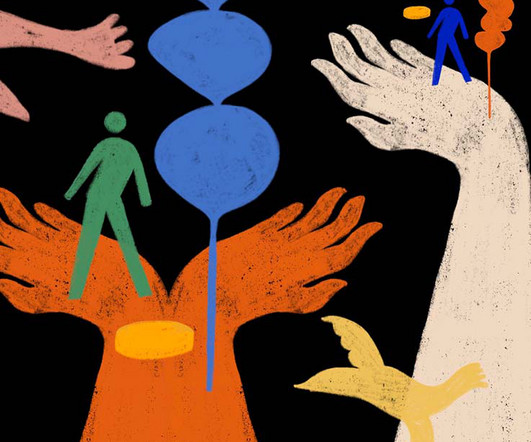Digital Public Policy: New Priorities for Nonprofits
Philanthropy 2173
FEBRUARY 26, 2023
Photo by Kier in Sight on Unsplash Proud to say this article, " Digital Public Policy: New Priorities for Nonprofits " has just been published. It is derived from lessons learned preparing the Integrated Advocacy report and this article on media coverage of civil society and covid. They are entwined with each other.












Let's personalize your content